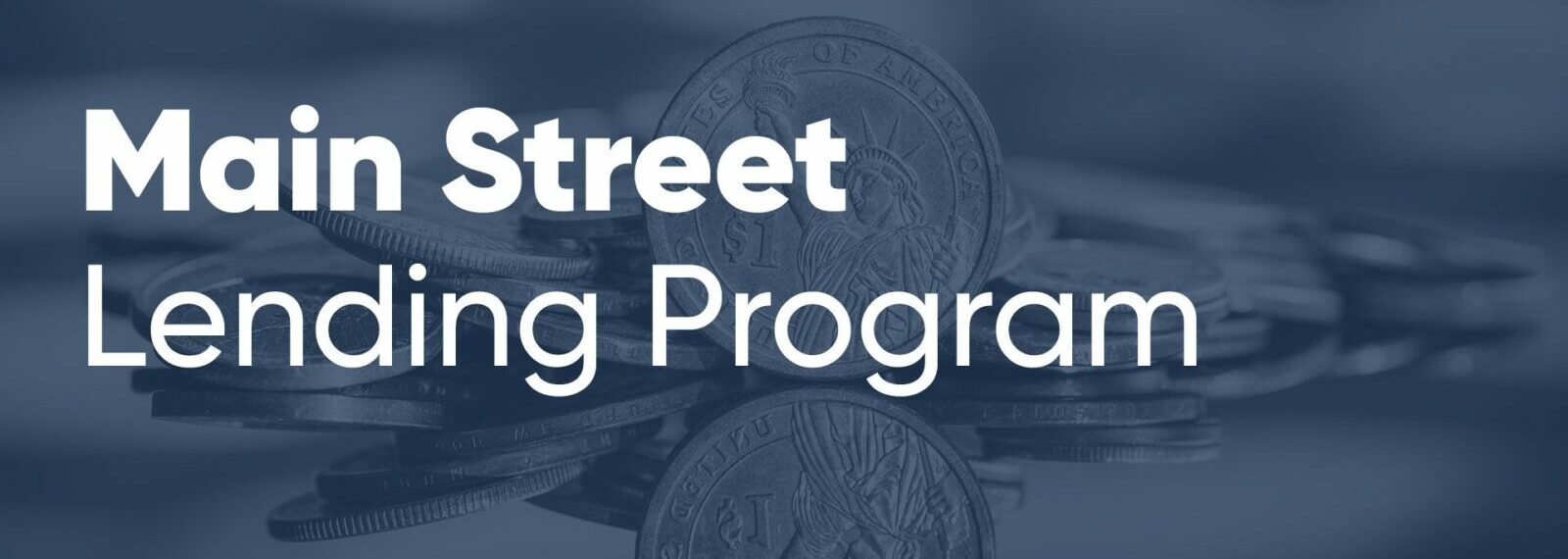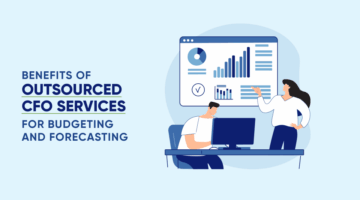Getting to Know the Main Street Lending Program
The Federal Reserve announced that they have created a program that will grant funding to small and mid-sized businesses who were in “good financial standing” prior to the COVID-19 pandemic. The program, called the Main Street Lending Program, allocates $600 billion of the Federal Reserve’s CARES Act funding to disburse loans to businesses struggling in the wake of the pandemic.
Who is eligible?
The businesses’ eligibility requirements for a Main Street Lending Program Loan are as follows:
-
The business can have no more than 15,000 employees or have had an annual revenue of no more than $5 billion in 2019
-
Has been established before March 13, 2020
-
Must not be considered ineligible according to the SBA regulations found here
-
Must have been created in the United States and maintain a majority of its business in the United States
-
The business cannot also participate in another of the loan facilities created by the Main Street Lending Program
How much are the disbursements?
The Main Street Lending Program establishes three loan facilities for eligible borrowers to get their disbursement from. An eligible borrower can only be approved for a disbursement from one of the three facilities.
The loans disbursed from the Main Street New Loan Facility have the following characteristics:
-
Loans in the amount equal to the lesser of $25 million or four times the borrower’s adjusted EBITDA from 2019
-
Minimum loan size is $1 million
The loans disbursed from the Main Street Priority Loan Facility have the following characteristics:
-
Loans in the amount equal to the lesser of $25 million or six times the borrower’s adjusted EBITDA from 2019
-
Minimum loan size is $1 million
The final facility, the Main Street Expanded Loan Facility, is intended to provide an expansion of an existing secured or unsecured loan. The existing loan must have originated on or before April 24, 2020 and have a remaining maturity of at least 18 months. Loans disbursed from the Main Street Expanded Loan Facility have the following characteristics:
-
Minimum loan size is $10 million
-
Maximum loan size is the lesser of $200 million or 35% of the borrower’s outstanding and undrawn available debt or an amount not exceeding six times the borrower’s adjusted EBITDA from 2019
What are the repayment terms?
All loans from the Main Street Lending Program have the same repayment terms.
-
4-year maturity from the date of disbursement
-
Interest accrues at the market rate plus 3%
-
Payment on the loans can be deferred for up to a year, including interest payments
-
After the first year, the loans are amortized over the remaining term of the loan
-
Each loan allows prepayment without penalty
How do I apply for a Main Street Lending Program loan?
Borrowers who are eligible for a Main Street Lending Program loan can apply directly through an eligible lender. The Federal Reserve has not yet released any information on the application process.
Who are the eligible lenders?
Eligible lenders include U.S. federally insured depository institutions, bank-holding companies, and savings and loan holding companies. This includes banks, savings associations, and credit unions.
The Federal Reserve has also announced that they are considering options to expand their list of eligible lenders in the coming weeks.
What can I use the funding for?
The Federal Reserve is requiring businesses to use the funds to primarily cover payroll costs and retain employees.
The loan cannot be used to refinance another loan or line of credit, or to make payments on other existing debt.
Is the Main Street Lending Program compatible with other loan programs?
The Main Street Program is compatible with other loans.
The borrower can only be approved for one Main Street Lending Program loan. However, a Main Street Lending Program loan can be used in conjunction with a Paycheck Protection Program loan or an SBA Economic Injury Disaster Loan.
These loan programs stipulate that any disbursements from any of these loans cannot be used to cover the same expense.
Will my Main Street Lending Program loan be eligible for forgiveness?
Unfortunately, loans approved and disbursed through the Main Street Lending Program are full-recourse loans. This means that they are not eligible for forgiveness.
The Main Street Lending Program is not the only aid available to businesses struggling with the economic fallout of the COVID-19 pandemic. The Federal Reserve also used a portion of their CARES Act funding to revitalize the Paycheck Protection Program among other funding options. Find out what you can be doing to help your business.
The information provided is based upon facts that were available at the time of publication and are subject to change. NOW CFO makes no warranties, express or implied, or representations as to the accuracy, completeness or timeliness of the information provided. NOW CFO cannot be held liable for any claims or damages that result from reliance on this information.



